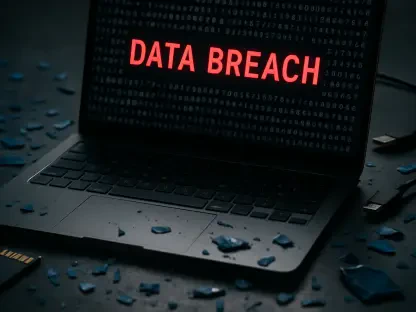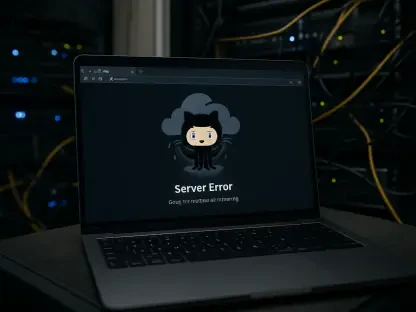Motorsports, a realm celebrated for its competitive spirit and thrilling experiences, is grappling with an escalating issue of online harassment. This problem is not isolated to this sport; it’s a growing challenge across various industries, but its impact is palpable in the motorsports community. The situation has come into sharp focus following events involving British racing driver Katherine Legge, who faced severe online threats after her transition to NASCAR. Despite these challenges, Legge remains resilient, with NASCAR taking proactive steps to ensure her safety. This includes deploying a security detail during races and informing law enforcement about the threats she received. Key figures within motorsports are vocalizing the importance of standing against such behavior. NASCAR Commissioner Steve Phelps has condemned these actions as unacceptable within both sports and wider society. Such incidents highlight a broader issue of not only online bullying but also the gender bias present in sports, prompting discussions about how motorsports can confront and mitigate this aggressive behavior to foster a more supportive atmosphere.
The Role of Athletes in Addressing Bullying
Katherine Legge’s journey in NASCAR, marked by initial setbacks with two Did Not Finish records, underscores her perseverance and commitment. Her vast experience in diverse motorsport categories has armed her with the determination to overcome challenges, aim for progress, and silence doubters questioning her place in the sport. Legge sees her position not merely as another avenue in her professional racing career but as a unique platform to challenge societal norms and perceptions regarding online harassment. Her unintended emergence as a role model against bullying illustrates the growing necessity for influential figures to leverage their prominence in combating negative cultural trends. By embracing her position, Legge stands as a beacon, using her influence to inspire strength and resilience. Her advocacy extends beyond personal experience, shedding light on the urgent need for change in social attitudes and behaviors, fostering a broader conversation about the responsibilities athletes must assume in confronting these issues directly and encouraging systemic improvements.
Motorsports’ Response and Societal Implications
Legge’s situation has prompted motorsport organizations like NASCAR to reevaluate their role in safeguarding athletes from toxic online environments. NASCAR’s decisive actions emphasize the importance of prioritizing athletes’ well-being and acknowledge the rising severity of online harassment. Race commissioners and officials play pivotal roles in these efforts, often setting precedents that encourage a safer digital interaction landscape. By condemning such harassment and implementing protective measures, they send a clear message that aggressive behavior will not be tolerated. This encourages other sports entities to follow suit, instigating wider societal changes. The broader implications of these efforts reach far beyond the motorsports industry, sparking discussions on creating more inclusive and respectful digital spaces. With online harassment on the rise globally, motorsport can contribute significantly to societal progress by spearheading initiatives aimed at fostering respectful interactions, primarily focusing on both preventative and reactive approaches to bullying. Highlighting these efforts showcases the potential for transformational change and encourages communal engagement.
Looking Forward: Collective Action and Change
Motorsports, known for its intense rivalries and thrilling spectacles, is confronting a growing problem of online harassment. This issue isn’t unique to motorsports; it’s prevalent across many industries, but its effects are particularly felt in this community. Recent events involving British racing driver Katherine Legge bring this issue into sharp focus. After transitioning to NASCAR, Legge endured severe online threats. Despite these hurdles, her determination remains steadfast, with NASCAR taking concrete actions to secure her safety, such as providing a security team during races and notifying authorities about the threats. Key figures in motorsports are speaking against such toxic behavior, with NASCAR Commissioner Steve Phelps labeling it unequivocally unacceptable in sport and society. These incidents underscore larger issues of online bullying and gender bias, stimulating conversations on how motorsports might confront these aggressive behaviors and create a more inclusive and supportive environment.









